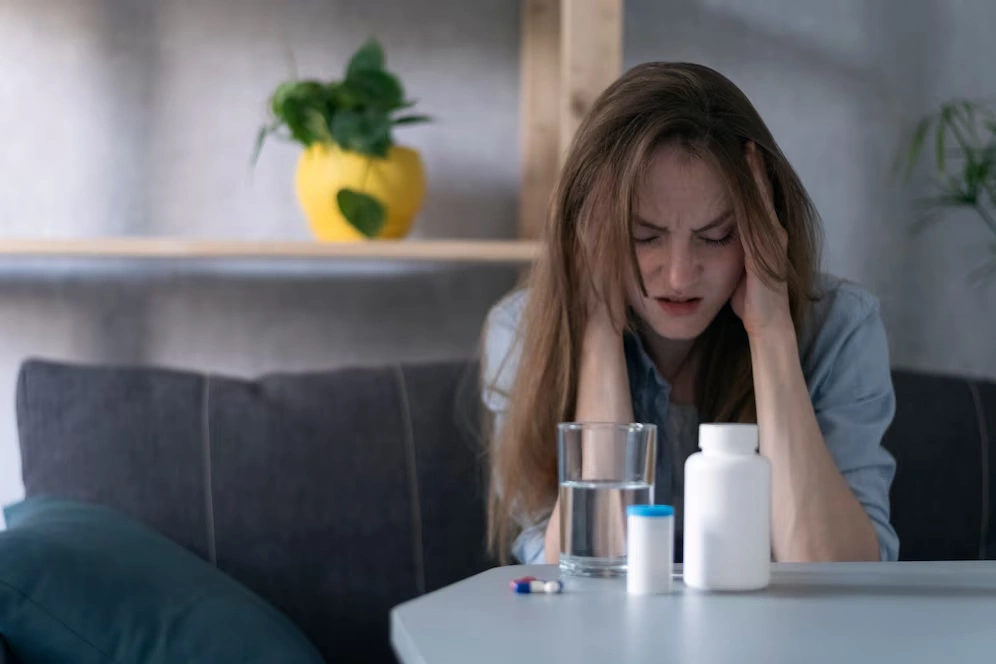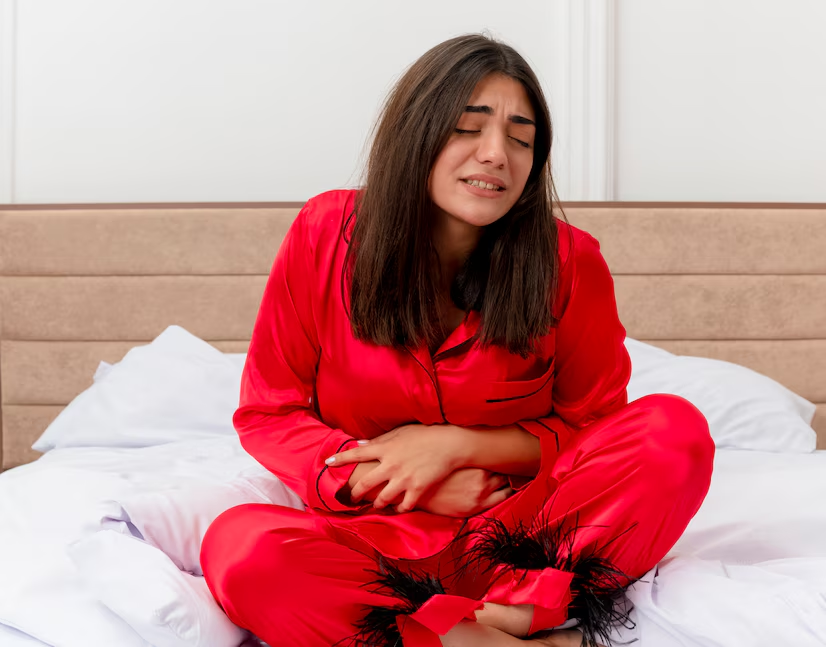Zopiclone Maximum Dose: Safe Limits in 24 Hours

In the realm of sleep aids, Zopiclone stands out as a commonly prescribed medication designed to tackle the issues of insomnia and other sleep disorders. Its effectiveness in helping individuals fall asleep quickly and maintain sleep throughout the night has made it a popular choice among both healthcare providers and patients. However, like any medication, it is essential to use Zopiclone correctly to avoid potential risks and adverse effects.
In this comprehensive guide, we will explore the maximum recommended dose of Zopiclone in a 24-hour period, its potential side effects, and important safety considerations for its use.
Table of Contents
ToggleUnderstanding Zopiclone
Zopiclone is available in two strengths: 3.75 mg and 7.5 mg tablets. The usual adult dose is one 7.5 mg tablet taken just before bedtime. For older adults or those with liver or kidney problems, a lower dose of 3.75 mg is often recommended to reduce the risk of excessive drowsiness and other side effects. Zopiclone is a non-benzodiazepine hypnotic agent, meaning it is designed to induce and maintain sleep without having the same chemical structure as traditional benzodiazepines. It belongs to a class of drugs known as “Z-drugs,” which are used primarily for the short-term management of insomnia. Zopiclone works by affecting certain neurotransmitters in the brain, promoting relaxation and sleep onset.
Recommended Dosage
The dosage of Zopiclone can vary depending on several factors including the patient’s age, overall health, and the severity of insomnia. However, there are general guidelines established for its use:
- Adults: The typical starting dose for adults is 7.5 mg, taken just before bedtime. This dose is generally sufficient to induce sleep and help maintain it through the night. For patients with specific conditions or those who may be more sensitive to medications, a lower dose of 3.75 mg may be prescribed.
- Elderly or debilitated patients: For older adults or those with impaired liver function, a lower dose of 3.75 mg is usually recommended to reduce the risk of adverse effects.
Maximum Dose in 24 Hours
The maximum recommended dose of Zopiclone is 7.5 mg per day. This means that regardless of the individual’s tolerance or response to the medication, it is crucial not to exceed this amount within a 24-hour period. Taking more than the recommended dose can lead to an increased risk of side effects and potential overdose.
Risks of Exceeding the Maximum Dose
Exceeding the maximum recommended dose of Zopiclone can result in several adverse effects and complications:
- Overdose Risk: Taking too much Zopiclone can lead to symptoms of overdose, including extreme drowsiness, confusion, impaired coordination, and, in severe cases, respiratory depression. It is essential to adhere to the prescribed dosage to avoid these serious risks.
- Dependence and Tolerance: Prolonged use or misuse of Zopiclone can lead to the development of tolerance, where the medication becomes less effective over time. Additionally, patients may develop a psychological or physical dependence on the drug, making it challenging to discontinue its use.
- Side Effects: Higher doses of Zopiclone can exacerbate common side effects, such as dizziness, dry mouth, and gastrointestinal issues. In more severe cases, patients may experience hallucinations, memory problems, or unusual behavior.
- Impaired Function: Taking excessive doses of Zopiclone can impair cognitive and motor functions, making it unsafe to perform activities such as driving or operating machinery. This impairment can persist into the next day, affecting overall daily functioning.
Safe Use and Precautions
To use Zopiclone safely and effectively, consider the following precautions:
- Follow Prescriptions: Always adhere to the dosage and instructions provided by your healthcare provider. Do not adjust your dose or frequency of intake without consulting your doctor.
- Avoid Alcohol: Alcohol can enhance the sedative effects of Zopiclone, leading to increased drowsiness, impaired motor skills, and a higher risk of overdose. It is recommended that you abstain from alcohol while using this medication.
- Drug Interactions: Tell your doctor about all the other medications and supplements you take. Zopiclone can interact with various drugs, including other central nervous system depressants, which can increase the risk of side effects.
- Medical Conditions: If you have any pre-existing medical conditions, such as liver or kidney disease, or a history of substance abuse, discuss these with your doctor. They may need to adjust your dosage or choose an alternative treatment.
- Short-Term Use: Zopiclone is generally intended for short-term use. If you find yourself needing it for an extended period, consult your healthcare provider to explore alternative treatments or underlying causes of your insomnia.

Alternatives to Zopiclone
If you are concerned about the risks associated with Zopiclone or have experienced adverse effects, there are alternative approaches to managing insomnia:
- Lifestyle Changes: Implementing good sleep hygiene practices can significantly improve sleep quality. This includes maintaining a regular sleep schedule, creating a comfortable sleep environment, and avoiding stimulants like caffeine close to bedtime.
- Cognitive Behavioral Therapy for Insomnia (CBT-I): CBT-I is a structured program designed to address the thoughts and behaviors that contribute to sleep problems. It has been shown to be effective for many individuals and can provide long-term benefits.
- Herbal Remedies: Some individuals find relief from insomnia using natural remedies such as valerian root, chamomile, or melatonin supplements. It is important to discuss these options with your healthcare provider to ensure they are safe and appropriate for you.
- Prescription Alternatives: There are other prescription medications available for treating insomnia, such as eszopiclone or ramelteon. Your doctor can help determine if one of these alternatives may be a better fit for your needs.
Conclusion
Zopiclone can be an effective solution for short-term management of insomnia when used correctly. Understanding the maximum recommended dose of zopiclone 7.5 mg per day is crucial to ensuring its safe use and minimizing the risk of adverse effects. By following your healthcare provider’s guidance and adhering to the prescribed dosage, you can manage your sleep issues while reducing potential risks.
If you experience persistent insomnia or have concerns about the use of Zopiclone, it is important to consult your healthcare provider to explore alternative treatments or underlying causes. Safe and effective management of sleep disorders often involves a combination of medication, lifestyle changes, and therapeutic interventions.

Noah Harrison, based in Australia, is an experienced content writer with a strong focus on the medical industry. Holding a master’s degree in English literature, Noah Harrison combines exceptional writing skills with in-depth knowledge of medical science to create informative and engaging content. Read more about Noah Harrison.





